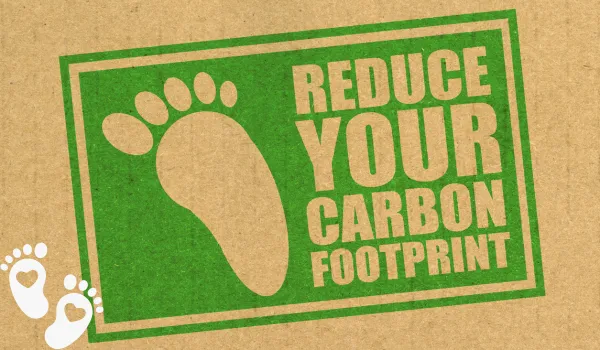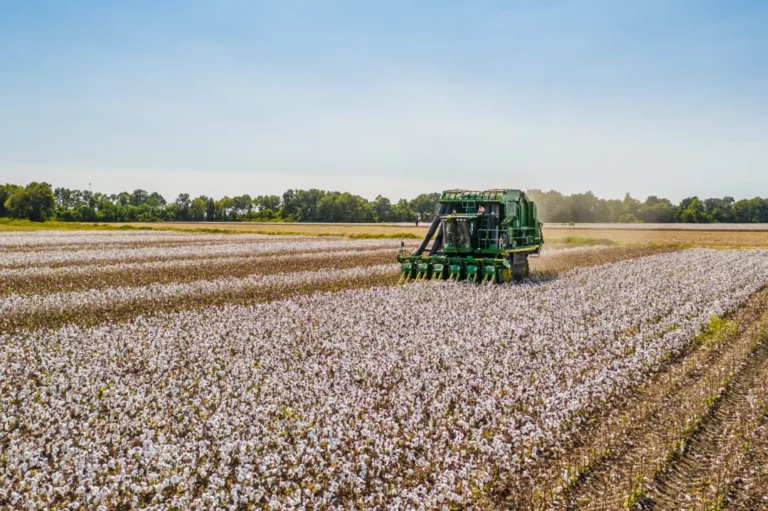What Foods Are Sustainable?
When it comes to what foods are sustainable, there is a lot of debate. Some people believe that only…
When it comes to what foods are sustainable, there is a lot of debate. Some people believe that only plant-based foods are sustainable, while others believe that sustainably raised meat can also play a role in a sustainable diet.
Here, we will take a closer look at the different factors that go into determining whether a food is sustainable.
Sustainable Foods: Considerations
One of the most important considerations is the impact that producing food has on the environment. For example, raising livestock requires land for grazing and farming and water for watering the animals and growing their food.
This can lead to deforestation and soil erosion, as well as water pollution from animal waste. On the other hand, plant-based foods such as fruits and vegetables require less land and water to grow. In addition, they often have a lower carbon footprint than meat-based foods.
Get Your Hand on Your Eco-Friendly Living Starter Guide!

Another important consideration is the impact of food on human health. Some foods, such as processed meats, are linked to increased risks of cancer and other chronic diseases.
Other foods, such as leafy greens and nuts, are packed with nutrients that can promote good health. When it comes to sustainable eating, choosing nutrient-rich foods that are lower in environmental impact is often the best option.
Finally, it is also essential to consider the economic sustainability of the food system. Small-scale farmers who use sustainable practices often struggle to compete with large industrial farms.
As a result, they may not be able to sell their products at a competitive price or may not be able to stay in business at all. When choosing what foods to eat, it is essential to support farmers using sustainable practices.
Examples Of The Most Sustainable Foods
When it comes to sustainable foods, there are plenty of options to choose from. Here are some of the most sustainable foods that you can find:
- Fruits and vegetables: Most fruits and vegetables are grown using sustainable methods, making them a great option for sustainable eating.
- Seafood: Seafood is a sustainable food source that is rich in nutrients and healthy omega-3 fatty acids.

- Poultry and eggs: Poultry and eggs are another great option for sustainable eating. Both chicken and eggs are packed with protein and other nutrients.
- Nuts and seeds: Nuts and seeds are a nutritious and sustainable food source. They are also a good source of healthy fats and minerals.
- Legumes: Legumes, such as beans and lentils, are a sustainably grown food source high in fiber and protein.
Advantages Of Food Sustainability
Sustainable foods are those that are produced in a way that doesn’t damage or deplete the environment. They’re often grown using organic farming practices, which means they don’t use synthetic fertilizers or pesticides. This results in a number of advantages for both the environment and the people who consume these foods.

For one, sustainable foods are better for the environment since they don’t rely on harmful chemicals. This leads to cleaner air, water, and soil. What’s more, sustainable farms are typically more diverse, which helps to preserve wildlife and promote biodiversity.
Another benefit is that sustainable foods are usually fresher since they don’t have to travel as far to reach consumers. And finally, these foods tend to be more nutritious since they’re grown in healthier soils.
In short, there are many good reasons to choose sustainable foods. Not only are they better for the environment, but they also offer a number of benefits for those who eat them. When it comes to making healthy and responsible choices about what we eat, sustainably produced foods should be at the top of our list.
Sustainable Food Production Tips
How to grow sustainable food is an important question for those interested in self-sufficiency and reducing their ecological footprint. There are many ways to approach this goal, but some methods are more effective than others.

One way to make sure that your food is sustainable is to grow it yourself. This way you can control the inputs and make sure that they meet your standards for sustainability.
Another key factor is to choose perennial crops rather than annuals. Perennial crops require fewer inputs in terms of energy and water, and they also often provide more nutritious food.
Finally, consider incorporating permaculture principles into your food-growing system. Permaculture offers a holistic approach to sustainability that takes into account the needs of the ecosystem as a whole. By following these tips, you can be sure that your food is sustainable and delicious!
Present And Future Generations
There are many reasons why sustainable foods are important for future generations. For one, sustainable foods are usually produced in a way that is much more environmentally friendly than traditional methods.

This means that they help to reduce our overall impact on the planet. Additionally, sustainable foods often require less energy and water to produce, and they generate less pollution. As a result, they help to preserve our precious natural resources.
Finally, sustainable foods are healthier for both people and the environment. They are typically free of pesticides and other harmful chemicals, and they often contain higher levels of nutrients than conventionally grown foods.
As our population continues to grow, it is essential that we adopt methods that are effective for food and nutrition security. Sustainable foods will help to ensure that future generations have access to healthy, affordable, and environmentally friendly food.
The Link Between Food And Greenhouse Gas Emissions
The production of food, from farming to packaging and transportation, emits a variety of greenhouse gases into the atmosphere. These gases, including carbon dioxide, water vapor, and methane, trap heat and contribute to climate change.
The type of food we eat also affects emissions levels. For example, meat and dairy products require more energy and resources to produce than plant-based foods. As a result, they generate higher emissions levels.
If we want to reduce our impact on the environment, it is important to be aware of the link between food and greenhouse gas emissions. We can make choices that help to minimize our impact, such as choosing locally-grown produce or eating less meat.
By making these conscious choices, we can help to slow down climate change and make a difference for the planet.
Conclusion
Best sustainable food refers to food that can be produced without depleting the resources required to produce it. This includes both the natural resources required, such as water and land, as well as the human resources required, such as labor and energy.
Sustainable food is typically produced using organic methods, which means that it is grown without the use of synthetic pesticides, herbicides, or fertilizers. It is also typically locally produced, which reduces the number of fossil fuels required to transport it.

There are many benefits to eating sustainably, including improved human health, ecological preservation, and social justice. Sustainable food is an important part of creating a more sustainable future for all.
Overall, there is no single answer to what foods are sustainable. The best approach is to choose environmentally-friendly foods that are nutritious for both people and the planet.






